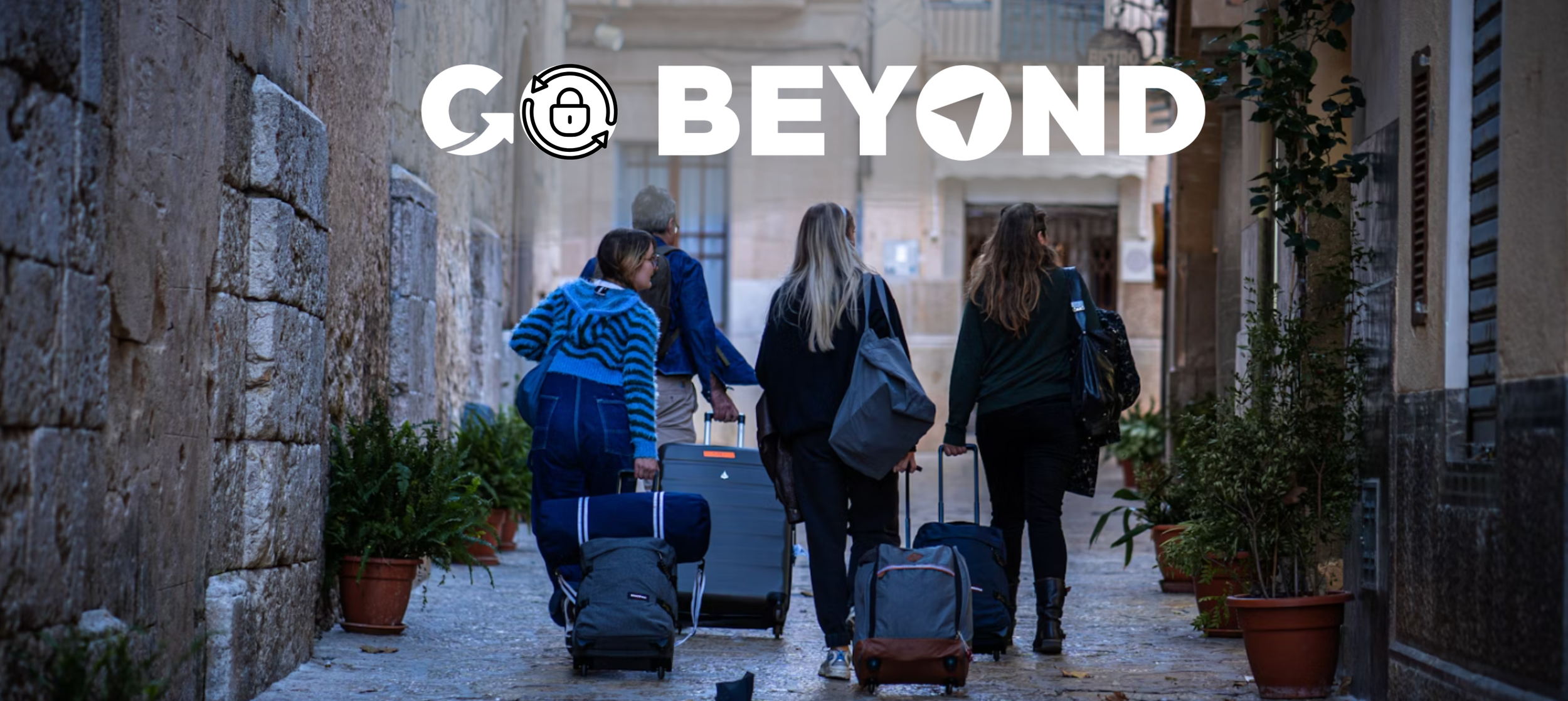Know Before You Go: Italy's Official Entry & Safety Guide
Original photo by Artem Zhukov
Dreaming of cobblestone streets, ancient ruins, and delectable pasta? Italy beckons with its irresistible charm! While it's an incredibly safe and welcoming destination, being prepared is key to a truly worry-free vacation. This guide will walk you through the essential travel documentation and crucial safety tips, ensuring your Italian adventure is as smooth as a scoop of gelato.
Passport & Schengen Area Requirements
For U.S. citizens planning a trip to Italy, understanding the Schengen Area regulations is paramount. Italy is part of the Schengen Area, a group of 27 European countries that have abolished passport and other types of border control at their mutual borders.
Here's what you need to know for a stay of up to 90 days within any 180-day period:
☑️ Passport Validity: Your U.S. passport must be valid for at least three months beyond your intended period of stay in the Schengen Area. It's always a good idea to have even more buffer time. Passports issued more than 10 years ago cannot be accepted.
☑️ Proof of Funds & Return Ticket: You may be asked to show proof of sufficient funds for your stay and a return or onward plane ticket.
☑️ Declaration of Presence: Under Italian law, all non-residents must complete a
dichiarazione di presenza(declaration of presence).Arriving from outside Schengen: If you arrive in Italy directly from a non-Schengen country (like the U.S.), ensure your passport is stamped upon entry. This stamp serves as your declaration of presence.
Arriving from within Schengen: If you arrive in Italy from another Schengen country (e.g., flying from Paris to Rome), you must file a declaration of presence at a local police office (
Questura) within eight days of your arrival.
⭐ For more info on what visa requirements you might need for European travel, check out: The Next Big Thing in European Travel: The ETIAS Visa Waiver
General Safety Tips for Tourists
Italy is generally a very safe country, but like any popular tourist destination, it has its share of petty crime. Being aware and taking simple precautions will significantly enhance your safety.
⚠️ Stay Alert in Tourist Hotspots: Popular areas like Rome's Colosseum, Florence's Duomo, or Venice's St. Mark's Square are magnets for both tourists and pickpockets. Keep your belongings secure, ideally in a cross-body bag or money belt, and be mindful of your surroundings.
⚠️ Public Transportation: Italy's public transport is efficient, but crowded buses and trains can also be targets for pickpockets. Keep your bags close and avoid displaying valuables.
⚠️ Managing Your Finances: Use a combination of cash and cards. Avoid carrying large amounts of money and use ATMs in secure, well-lit areas, preferably inside banks. Always notify your bank of your travel plans to prevent card issues.
⚠️ Scams: Be cautious of common tourist scams, such as individuals offering "help" with luggage or directions, or street vendors being overly persistent. Politely but firmly decline if you feel uncomfortable.
⚠️ Road Safety: If driving, be aware that road safety and driving styles can vary. Minor accidents are common. Pay close attention to local driving laws and customs.
What to Do in Case of an Emergency
Knowing who to call and what to do in an emergency can make a significant difference.
📞 Emergency Number (General): The most crucial number to remember is 112. This is Italy's universal emergency number, connecting you to police (
CarabinieriorPolizia di Stato), medical services, and the fire department (Vigili del Fuoco). Operators should be able to assist in English.📞 Contact Your Embassy/Consulate: If your passport is lost or stolen, or if you face a serious emergency, contact your country's embassy or consulate in Italy immediately. They can assist with emergency passports and provide guidance.
U.S. Embassy in Rome:
uscitizensrome@state.gov
📞 Travel Insurance: This is your safety net. Comprehensive travel insurance can cover medical emergencies, trip cancellations, lost luggage, and more. Make sure you have your policy details and emergency contact numbers readily accessible.
📞 Smart Traveler Enrollment Program (STEP): If you are a U.S. citizen, enroll in STEP. This free service allows the U.S. Embassy to notify you in an emergency and helps family and friends contact you.
⭐ For more information, check out: The Art of Flexible Travel: Preparing for the Unpredictable
Traveling to Italy is an incredible experience, filled with culture, history, and unparalleled beauty. While it's natural to have questions about requirements and safety, a little preparation goes a long way in ensuring your trip is nothing short of magnificent. By understanding the necessary documentation and practicing smart safety habits, you're setting yourself up for a truly unforgettable and worry-free Italian adventure. Secure your journey before you go. Purchase comprehensive travel insurance now for peace of mind, covering everything from flight delays to medical emergencies. Contact Go Beyond Travel to help tailor your perfect, secure Italian escape!
#Italy #TravelRequirements #SafetyTips #TravelInsurance #Visa
📦 Key Takeaways
Passport Validity: Ensure your passport is valid for at least three months beyond your planned departure from the Schengen Area.
Presence Declaration: Report your arrival in Italy via a passport stamp or a declaration at a local police office.
Petty Theft: Stay vigilant in crowded tourist areas to prevent petty theft like pickpocketing.
Emergency Contacts: Keep a list of crucial numbers, including 112 for general emergencies and your embassy/consulate contact.
Travel Insurance: Always purchase comprehensive travel insurance before your trip to cover unexpected situations.




